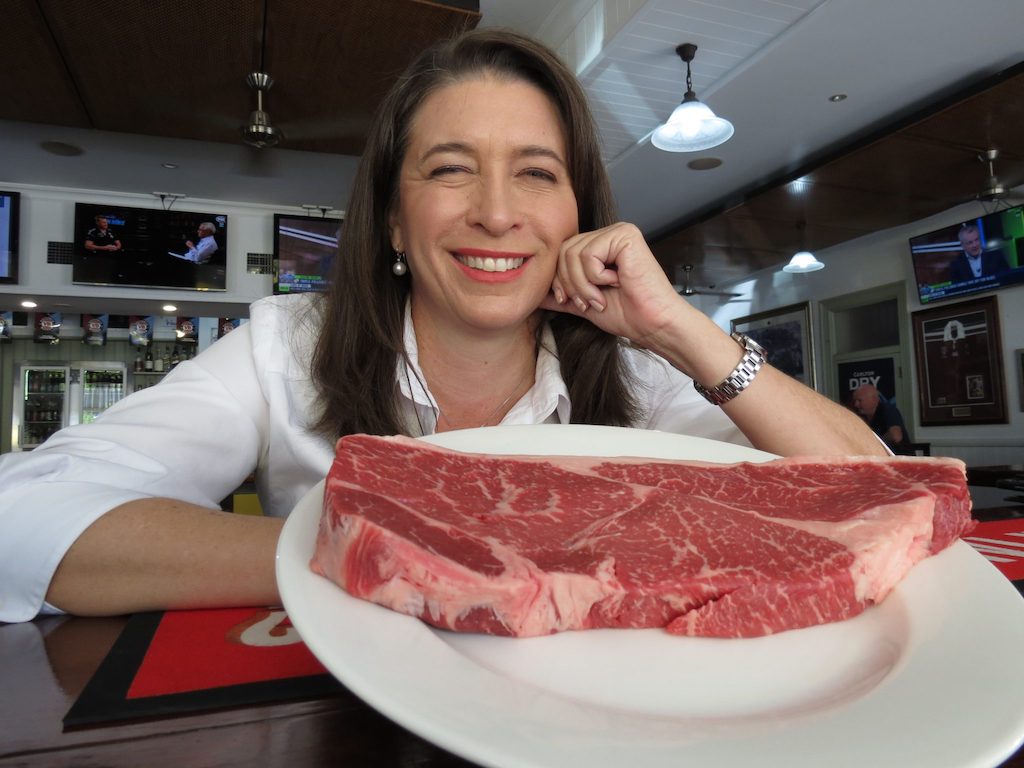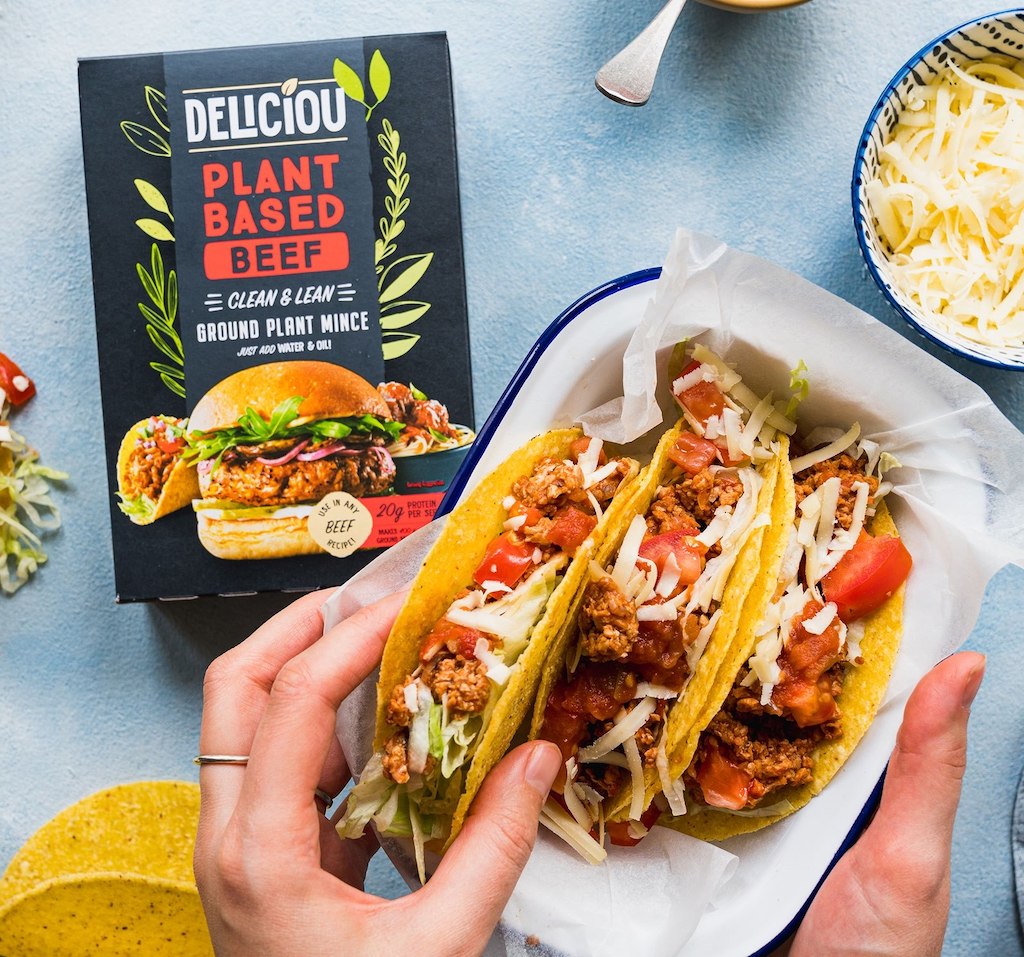4 Mins Read
Plant-based startups and advocacy groups in Australia are hitting back against a new inquiry launched by a Queensland senator to probe the use of “meaty” terms such as “vegan bacon” or “meatless sausages” on alternative protein products. Those against the inquiry say that voluntary guidelines are already being drawn up by industry stakeholders, and warn that Australia could miss out on huge business opportunities amid surging plant-based demand.
Queensland senator Susan McDonald has launched a new inquiry into the use of meat terms on the packaging of plant-based meat products, arguing that “makers of non-meat products” should “come up with their own distinct terms instead of trading off long-established names of animal proteins.”
McDonald, a former butcher and leader behind the advocacy group Parliamentary Friends of Red Meat, says the inquiry would additionally look into the nutritional quality of plant-based alternatives, claiming that such products are “highly processed, unnatural”.
Animal Meat Vs. Vegan Meat
Her claims come despite a study released last year, which found that the average plant-based meat product in the Australian market contained higher or comparable levels of protein, less sodium, and considerably less saturated fat compared to its animal-based counterparts.

Inquiry is an ‘insult to consumers’ intelligence’
The latest inquiry is only the latest in a series of moves by the big meat industry in Australia to lobby against the use of “meaty terms” on plant-based food packaging, moves that have been largely seen by plant-based industry players as an attempt to clamp down on the fast-growing popularity of alternative proteins.
A recently released report from regional alternative protein think tank Food Frontier described 2020 as a year of “exponential growth” for plant-based food techs in Australia, with retail sales of plant-based meat jumping 46% year-on-year. The industry’s manufacturing revenues also increased from AU$35 million to AU$70 million (approx. US$27 million to US$54 million).
Responding to McDonald’s inquiry launch, founder and CEO of Australian shelf-stable plant-based meat startup Deliciou Kjetil Hansen told Green Queen Media that it was an “insult to consumers’ intelligence.”
“It is insulting to people’s intelligence to claim that they will confuse plant-based chicken with a chicken that ate plants despite clear labelling on the products. Instead this is an attempt to restrict consumer’s choices and erase competition.”
“The meat industry is throwing millions of dollars at politicians to change the laws in their favour, but we need to go the other way for society. If anything, we need a regulatory framework to make it easier for consumers to access and eat plant-based products, but this inquiry is just the meat industry fighting for their survival,” Hansen continued.

Plant-based meat a major business opportunity for Australia
Nick Hazell, CEO and founder of v2food, the food tech that supplies Burger King’s Plant-Based Whopper in a number of markets including Thailand and South Korea, pointed out that labelling guidelines are already being drawn up.
“v2food is playing an active role in a new working group to develop voluntary guidelines, in collaboration with members of the Alternative Proteins Council,” said Hazell, as quoted in a conversation with 9News Australia.
“These guidelines, consistent with Australian Consumer Law, aim to ensure both consumers and manufacturers have guidance for clear and accurate labelling.”
The v2food founder added that alternative proteins represent a major business opportunity for Australia to become a leading exporter, and that further restrictions on the plant-based industry could pose a risk to the economy.
“This is an exciting opportunity for the Australian agriculture industry to be at the forefront of this growing global market, which will help them grow and create new jobs,” said Hazell. “This isn’t about taking a share of the existing animal protein market, this is an additional opportunity to create a new market.”

‘We’re making an impact’
The Alternative Proteins Council issued a statement saying: “The APC is yet to see any evidence which justifies the broad concerns regarding plant-based product labelling and looks forward to presenting the Inquiry with evidence to the contrary.”
“Plant-based product branding continues to meet labelling requirements, demonstrating that existing frameworks are serving consumers as intended. To restrict the use of commonly understood format terms on plant-based products would instead generate confusion amongst consumers.”
For Sydney-based Katrina Fox, founder of the Vegan Women’s Leadership Network, the backlash that the meat industry against plant-based products is indicative of the threat that the animal protein industry faces.
“On the one hand, this move is a good thing because it means we’re making an impact. Previously, vegan meat and dairy alternatives were considered a tiny, weird insignificance by these multi-billion-dollar animal exploitation industries,” wrote Fox in a social media post.
“But really,” Fox said, “the smarter move would be to embrace change and the new developments in food tech that eliminate animals.”
Lead image courtesy of Deliciou.




